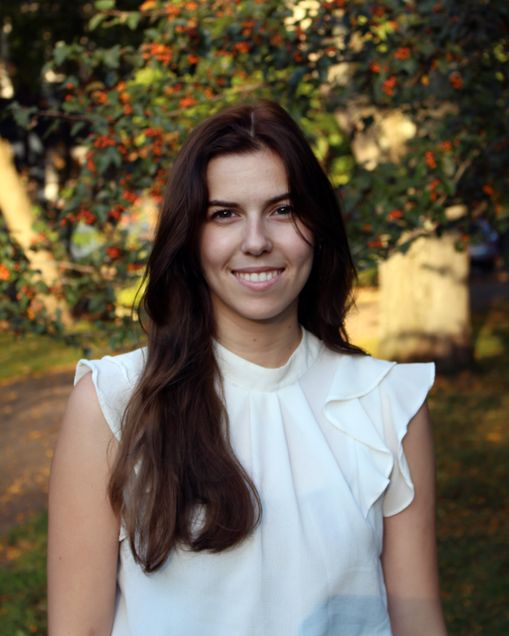Sparking Tomorrow’s Kidney Tech
By Patrick L. Kennedy
With an NIH R25 grant, Professor Joyce Wong (BME, MSE) and colleagues are introducing engineering students to challenges in kidney medicine, and training them to tackle those challenges with technology. Wong’s co–principal investigators on the grant are MED nephrology professors Sushrut Waikar and Vipul Chitalia.

The initiative, the Boston University Kidney and Medical Engineering Program (BU-KIDMEP) is one of several at various institutions that have received the R25 grant. “The goal for the NIH is to excite and train a new generation of engineers in the early stages of their careers to work on the critical, unmet problems related to kidney disease,” says Wong.
At BU, the program already has three ENG students working on solutions to chronic kidney disease (CKD), which disproportionately affects Black, Latino, and American Indian populations.
The first cohort of BU-KIDMEP students shadowed and interviewed physicians, nurses, and technicians at Boston Medical Center last summer. They learned about CKD in seminars and took part in hands-on research. And they began applying their training and new knowledge to the creation of real-world solutions.

“This is a really important area where engineers can come in and design low-cost devices in low-resource settings,” says Kylee Anders (’22). She and Meghan Howard (’22) co-designed a urea patch for early detection of CKD that won first place in the Biomedical Engineering Society’s (BMES) Design-A-Thon competition.
As a result of their experience, Anders, Howard, and Ashley McFarlane (’22) have decided to focus on kidney disease for their senior design projects.
Anders is creating artificial tissue and testing a probe that measures the concentration of water in that tissue. The goal is to assess the changes in hydration in patients receiving a hemodialysis treatment.

Howard is designing a probe that uses light in the visible-to-near-infrared region to measure the viability of kidney function for organs available for transplant. “The goal is to minimize organ donation waste,” says Howard. “The organ transplant waiting list for kidneys is so long that patients can be stuck waiting for years, and many kidneys are even denied because although they are functional, they may be in less than perfect condition.”
McFarlane is devising a point-of-care diagnostic test for creatinine, a substance that builds up in the blood if the kidneys aren’t functioning properly. The lightweight, portable test would fill a gap in rural areas of developing countries.
The BU-KIDMEP experience has inspired these students to consider careers in technology related to kidney disease, and it’s given them extensive experience in medical device design and testing.

“It definitely shaped my interest,” McFarlane says of KIDMEP. “Obviously, cancer is important, but so are kidneys. If your kidney shuts down, all these other dominos fall, and sadly, it’s fatal. Now that I’ve worked in a hospital and noticed all these inefficiencies in dialysis, kidney transplantation and imaging, I’ve realized how many things can be improved upon easily if given the time and research. And I really want to make people’s lives better, any way I can.”
The program accepts up to five students annually. Wong urges interested students to learn more and apply at the BU-KIDMEP website.
Kidney model photo by Robina Weermeijer on Unsplash